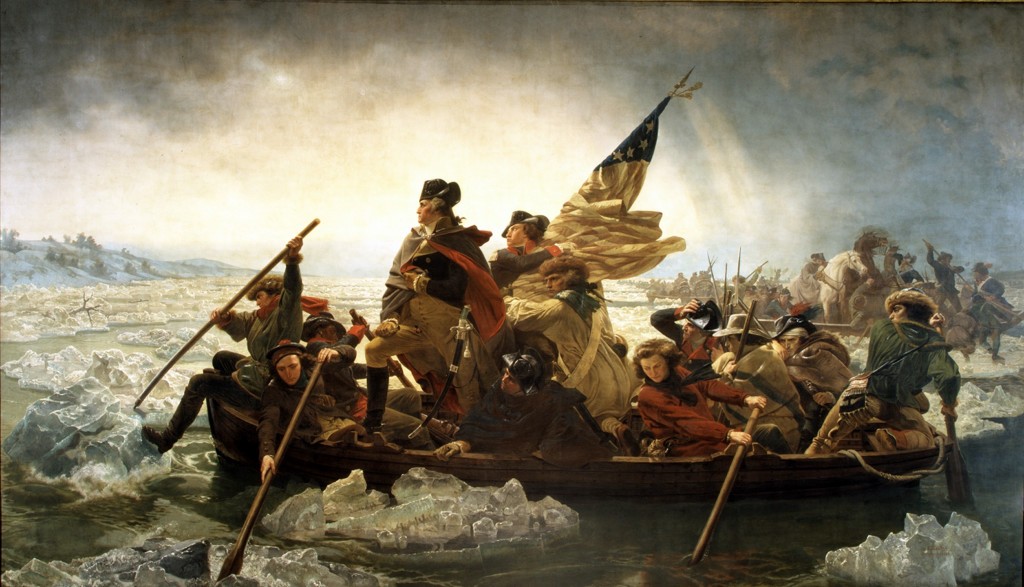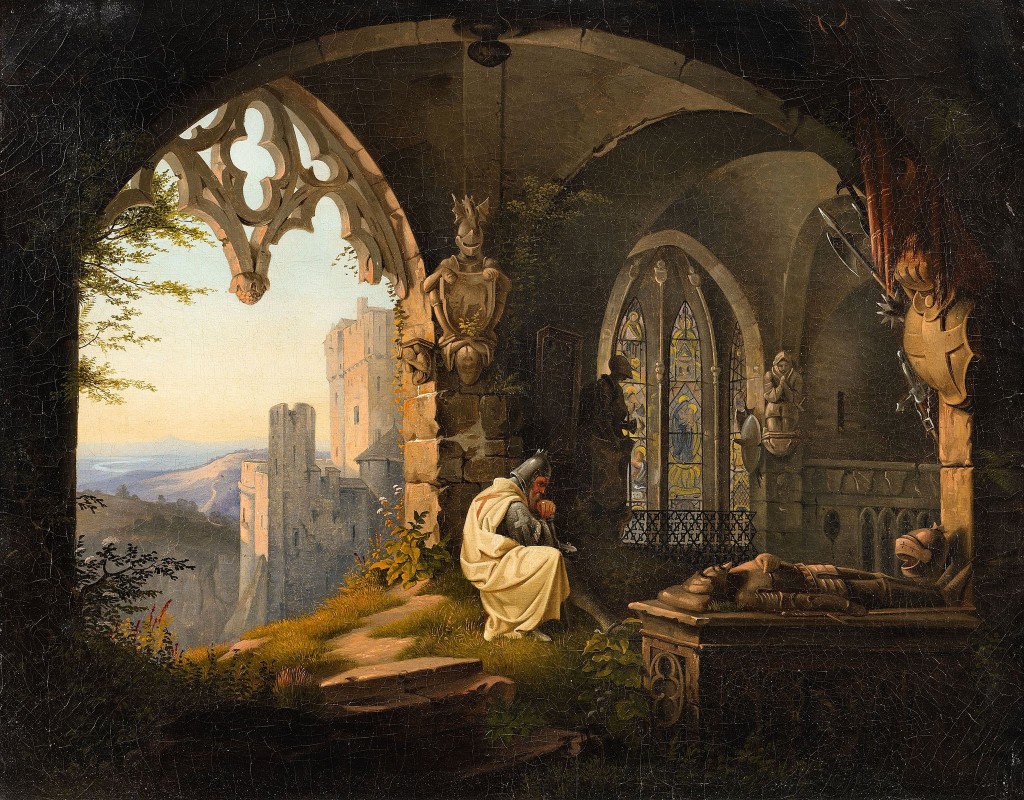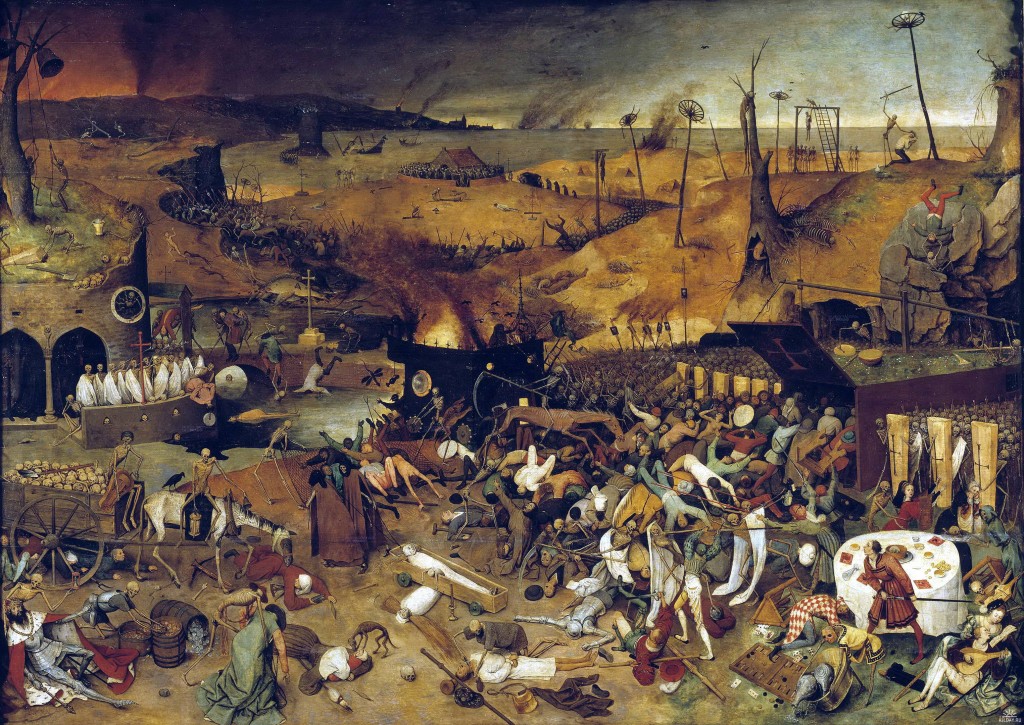Britain’s accession to the European Economic Community in 1973 represented the culminating triumph of globalism and liberal institutionalism in the West. In the wake of the Second World War, nationalism had been deemed too dangerous to be left untamed; and the majority of its proponents were laying in shallow graves across Europe. History henceforth would simply be the process of ever increasing integration and global governance, of the vanishing nation state and the gradual creation of one world government. Each year seemed to reaffirm this assertion as the EU expanded its remit, the UN led international government by consensus, and each generation was raised with a strengthening belief in internationalism and a global way of thinking. It seemed after millennia of strife and failure, the conclusive best formula for organizing human life had been found – and all future politics was simply the process of its refinement.
There was however, one small problem. Despite the burgeoning of global prosperity, despite the unprecedented years of peace in Europe, there were the nay-sayers and reactionaries. The perennial pessimists who believed that this great global hubris would come before an even greater global fall. Yet in all great movements of human progress there are the sceptics and the sour people, and these vocal doubters were never estimated to be more than a passing minority. Their world view would gradually disappear from history just as those of the Luddites who were washed away with the inexorable tide of progress. Election after election simply reaffirmed the minority status of this view, and states moved towards finally silencing these views forever by a dual approach: legal and demographic.
To safe guard this nascent new world order from its reactionary critics, an increasingly intricate web of hate speech laws and quasi-governmental bodies dedicated to monitoring and enforcement were created. This system proved to be more successful than its architects could have imagined, with states rarely needing to directly enforce the new rules of the game, as enthusiastic supporters of the globalist agenda acted as vigilante guardians keeping the forces of nationalism from ever being able to articulate themselves or organize effectively. In any case, this system only had to preserve itself in the short term – the longer term plan meant that those who advocated a return to the homogenous nation state would be silenced forever, as a globalised government demanded a globalised population and the unprecedented free movement of people would make sure that national characters would be irreversibly altered forever. Quite simply, the nationalists would have no nation to return to, even if they were in a position to attempt it.
With the threat of a reactionary revolt supressed, the new order now set its sights on expanding itself truly to global proportions. Despite its professed global reach, up until now it had mostly taken true root in the West, and large portions of the globe still remained beyond its reach in backward nationalistic and theocratic strife. To cement its primacy and to prove once and for all that it was the correct form of political and social organization, liberal institutionalism set its sights on transforming the intractably war torn Middle East into a model of tolerance and prosperity. On paper, this seemed an easy task – the rudimentary military forces of Afghanistan and Iraq were swiftly overwhelmed and the process of populace embracing the ideals of outward looking internationalism would surely follow thereafter. The downtrodden, oppressed, and impoverished citizens of the Middle East were now free. But it had come at a cost.
The ferocity and barbarity of the extreme violence both during the invasion and in the following occupation had disillusioned moderate supporters of liberal institutionalism who had been promised it was a panacea to end war. This was exacerbated by the astronomical costs of this undertaking, which was in turn compounded by the return of volatile economics which proved global economic interdependence could be a danger as well as boon; and for the first time brought into question the dictum that liberal institution would bring ever increasing prosperity. On top of this, the distraction of attempting to expand the cause of globalism to the wider world had allowed the reactionaries to gain power at home, emboldened by the growing array of weaknesses that this failed expansion had shown.
The biggest catastrophe for globalism however was not squandered blood and treasure, but its loss of its monopoly on internationalism. In toppling the governments of Afghanistan and Iraq, the globalists broke the dam of the balance of power, inflaming a Pan-Arabic internationalist revolt that quickly swept over the arbitrary bounds of borders and engulfed the entire region in rebellion and at the same time created an alternative global power structure. This simultaneously drew the globalists into a clash of ideologies that they were ill-prepared for, and presented them with the grim realisation that if they were to adhere to their principles of free movement, they would now need to accommodate the millions of displaced and impoverished refugees they had just created.
Worse still, something completely unexpected had happened in the liberal institutionalist heartland. Not only had the Arabs combined in an international effort, but so too had the reactionary forces of Europe. Previously it had been easy for the global order to squash nationalistic sentiment in one state or another when it reared its head, because of its necessarily geographically delimited focus. This meant globalism could simply bring all its resources to bear and crush nationalist movements in a whack a mole, ad hoc fashion. The reactionary forces had learned bitter lessons from this – each instance of repression and failure had instilled in them an ever more collective consciousness that the problems facing an unemployed Ohio steelworker were the same as an out of work former dock worker from Sunderland. Inconceivably, the nationalists had internationalised.
The supposedly one true iteration of international thought was now besieged by two alternative conceptions of global life; and it was still embroiled in economic crisis, facing a refugee tidal wave, and rocked by the increasing incidence of shocking terrorist attacks. In response to this disastrous situation and loss of authority, it was time for liberal institutionalism to once again reassert itself by going straight to its most troubled heartland – Britain – and proving once and for all that it was the only game in town. Britain had been the slowest to embrace the international revolution having not directly suffered the total ruin of the Second World War, and had remained a bastion of reactionary doubt about the whole project. Yet once again, on paper, a referendum on remaining in the EU, the gold standard of international institutions, should be an easy victory for the internationalists. They had the almost unanimous full backing of the British establishment, a recently re-elected internationalist leader, and decades of legally mandated internationalist thinking and mass migration.
But deep beneath the surface, trouble had been brewing. The rapid increases in absolute GDP growth had masked the reality of globalised life for many; as the unemployed and forgotten took stock of their gutted former industrial towns and took aim at the liberal institutionalism that had sacrificed them for ideological reasons. The horrifying attacks of Nice, Brussels and Paris had reminded the many that the nation, not the supra-national institution was the guarantor of security, and without being able to call on the national will to fight external threats, global institutions were impotent to combat the zealous adversaries they themselves had a hand in creating. And most crucially, the images of vast columns of refugees heading towards the European continent finally alerted many even moderate nationalists to the plan of the globalists who intended to internationalise the populace into being unable to mount a unified resistance. They came to realise that this may be the final chance to save the notion of a homogenous nation.
So as the globalists confidently sat down to watch what they had thought would be their show of power unfold, there was increasing consternation. This may be a closer run thing than they had expected. The reactionaries – the backward people, those on the wrong side of history, the small minded and the bigoted had flourished in their absence on foreign adventures. But as all previous elections and polling had suggested, these people may have become a larger minority, but were expected to remain minority nonetheless. Yet as the night unfolded – something unprecedented happened. Without centralised leadership, often independent of one another, a silent majority of voters firmly resolved to overthrow the order that had held sway in Europe for the last 43 years. The global elite watched with growing horror as the patriots who up until now had been nowhere, were suddenly everywhere. With wide eyed disbelief they witnessed the revenge of the forgotten, the disenfranchised, and the forward thinking as the nowhereville of inconsequential periphery villages and towns united in their millions to assert that localism is superior to globalism; that homogeneity is superior to diversity; and that democracy is superior to inaccessible technocracy.
The consequences of this revolt were harsh and immediate. The globalist government of Britain was swept away, and the European heartland of liberal institutionalism was plunged into panicked disarray. Slowly the global elite began to come to terms with this national revolt and started to amass their usual powers of coercion against it. They brought their economic threats to bear, they tried to divide the populace, to convince them they hadn’t really meant what they had done. Above all, they tried to play for more time to finish their project completely. In previous decades these tactics may have succeeded – but the global elite realised too late the international nature of this revolt. As the race for the American presidency entered the final stage, they clamoured to try and derail the second prong of the revolt in the form of US Republican candidate Donald Trump. But it was too little, too late. The momentum which had been gathering had reached critical mass, and could not be undone.
The scale of the revolt soon became apparent. 78 million people had voted either for Trump or Brexit. When they had been given their chance, the denigrated patriots who had been subjected to the heavy artillery of mass media intimidation, economic threats and legal and social stigma came out in an unstoppable tidal wave. They came from wind swept Welsh valleys, from blighted Northern industrial centres, from sleepy middle English shires, and from rural American farming towns to unite as one and to say loudly and clearly that the current world order was a disaster for them. The long march of the patriots which had begun as uneasy opposition to the direction of global politics in 1973 had culminated in a peaceful electoral revolution in 2016 that is unprecedented in world history.
It is likely that the swarm of patriots who emerged from the hated backwaters of terra incognito have dealt a probable fatal blow to the status quo. In the minds of the remaining enthusiastic supporters of the globalist project, these reactionaries have undone peace and prosperity. Yet as has been shown, the over extension, mismanagement and arrogance of the globalists themselves were the key factors in fermenting and allowing this revolution to take place. What lies ahead is as much on their failure as it is on the success of the mainly moderate majority driven to revolt by their policies. But historians of the future will look back at this period and forever remember – the long march of the patriots.




Recent Comments